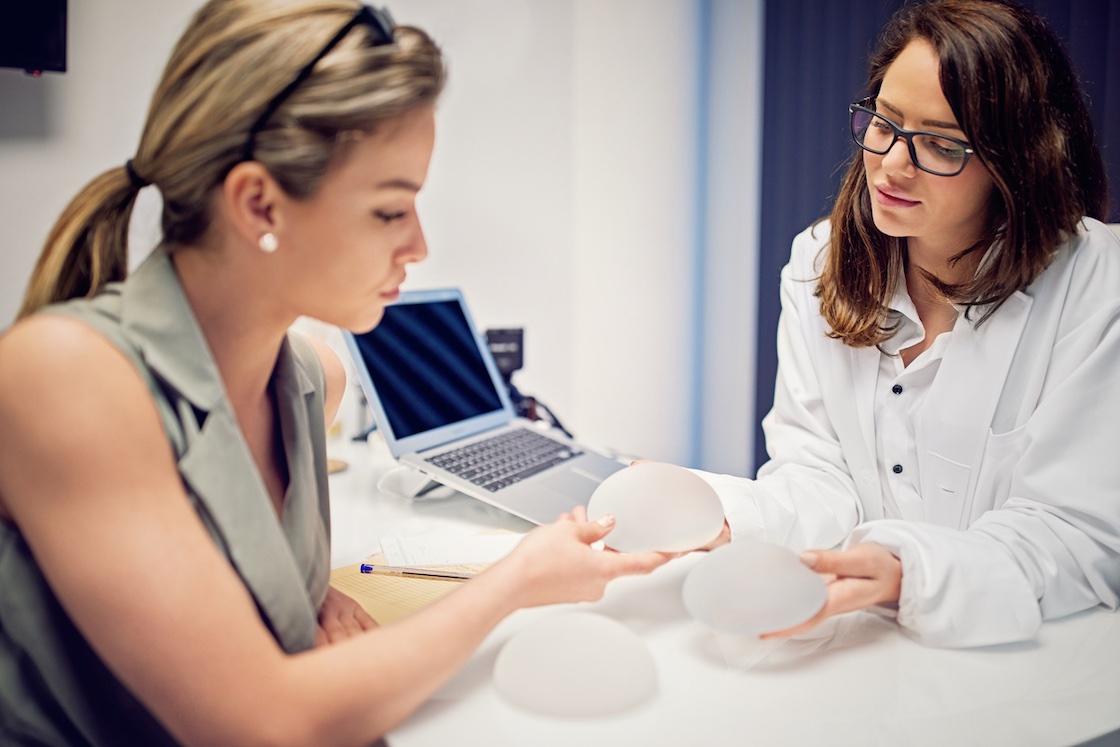Did you know that each and every breast implant has a unique serial number?
Manufacturers may contact former patients who bought implants if issues about a batch of implants or individual implants develop in the future by giving unique tracking information with their implants.
Many patients are either unaware of this or concerned about this part of the process so we’ve decided to create this short article to help explain why there are serial numbers or RFID chips on breast implants.
Table of Contents
History of the Breast Implant Serial Numbers
With the recent concerns surrounding the use of breast implants, it’s only normal for patients to be worried about what happens to the implant once it’s inside the body.
Silicone breast implants have been the focus of numerous serious concerns in recent years owing to the use of prohibited filler materials, which may have put thousands of women in danger and created health issues that were very harsh on the body.
Although the medical technique for replacing breast implants is extensively documented, there is a technology advancement known as serial number that will improve the wellness of prospective and future patients of the treatment, presumably reducing tension and concern in the long run.
Why The FDA Requires U.S. Implants Manufacturers to Use Serial Numbers
All breast implant manufacturers are required by the US Food and Drug Administration (FDA) to provide identifying information with each implant. This is so that the large number of implants made can be traced, assisting in the long-term safety monitoring of patients.
A lot number and a serial number are assigned to each breast implant. The lot number refers to a specific batch of breast implants manufactured at a certain period. Each breast implant is assigned a unique serial number in addition to having the lot number.
This information is inscribed either directly on the breast implant or on the box in which the implant is delivered, as well as on a tracking label within the sealed packaging.
The surgeon’s office is responsible for providing the required documentation to the manufacturer after breast augmentation surgery, which contains the patient’s name, personal identifying information, and the implant’s lot number and serial number. This information is compiled by the manufacturer into a data register that may be used to track down and notify patients of a safety issue or product recall if it is necessary in the future.
While some patients find this to be a slight privacy issue, rest assured it is mainly done in order to keep you safe and prevent risks.
Are RFID Chips Safe For The Body?
Breast implants, both saline and silicone gel filled, have been approved by the FDA for use in breast augmentation and reconstruction surgery. However, saline and silicone breast implants may not stay in perfect condition for the rest of a woman’s life, and there may be issues with implants that appear after implantation. Breast implants may need to be removed and replaced in certain situations.
Microchip implant monitoring would enable for the accurate identification of individuals who need surgical reoperation in the event of implant failure or device recall for safety concerns. Microchips might potentially be employed in medical devices outside of the area of plastic surgery, in addition to breast implants.
Is It Beneficial?
Some implants feature a Radio Frequency Identification Microchip also known as the RFID-Chip, which allows information about the implants to be read with an external scanning device, such as the serial number, manufacturer’s name, and other data.
All data from the manufacturing process is also kept on a secure server. During a control, only the FDA and CE authorities have the authority to breach the seal. The goal of this so-called Black Box Security is to help achieve ultimate transparency.


